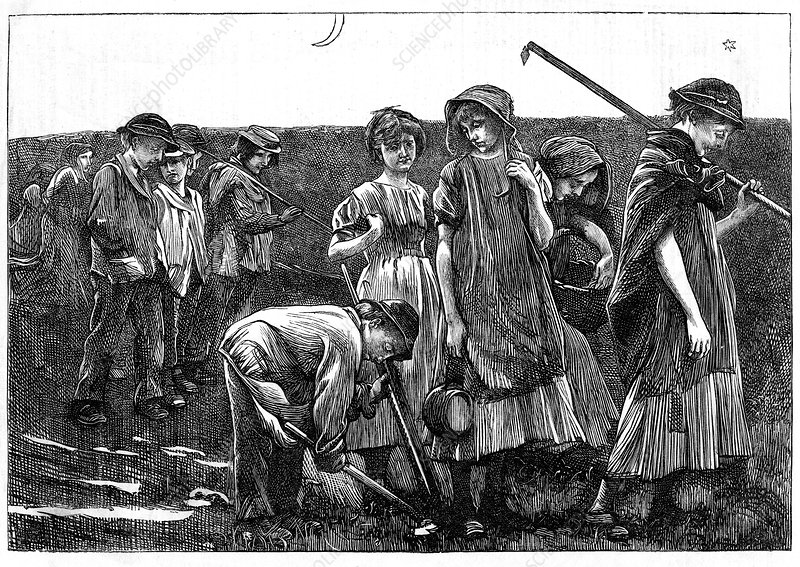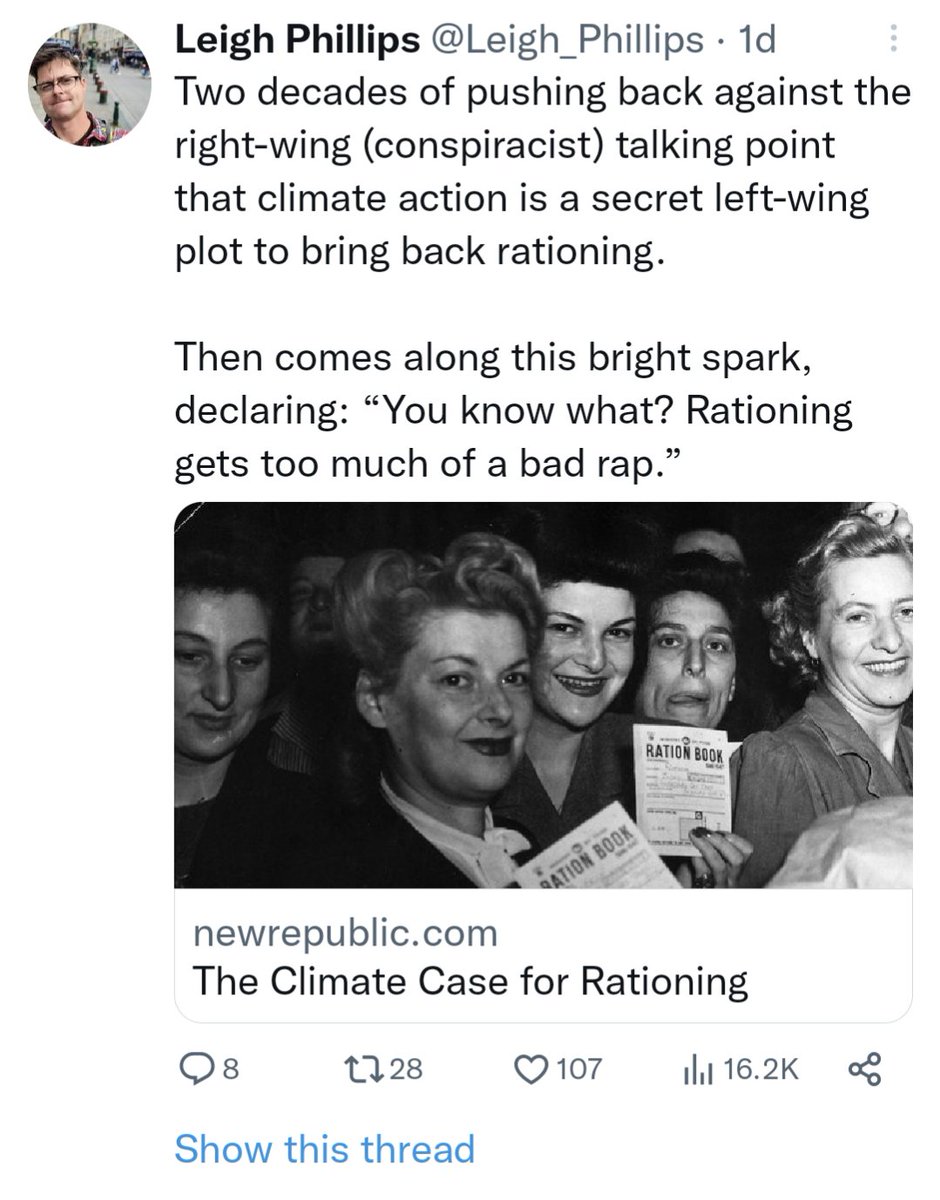How to get URL link on X (Twitter) App


https://twitter.com/PhilipProudfoot/status/1894160822059823199Corbynites + Greens + independents won't lead to electoral success under first-past-the-post. 2/15
https://twitter.com/aashisjo/status/1835921697654096220Without this spatiotemporally variegated understanding of the ecological crisis, including attention to how countries and communities are adapting in specific contexts, it’s easy to arrive at sweeping statements about how a universal ‘we’ must prepare. 2/8

 Rather than empowering workers and communities to govern themselves in their collective interest, Western so-called democracies disempower us, robbing us of our capacity for self-rule and the shared pursuit of individual and collective flourishing. 2/9
Rather than empowering workers and communities to govern themselves in their collective interest, Western so-called democracies disempower us, robbing us of our capacity for self-rule and the shared pursuit of individual and collective flourishing. 2/9

https://twitter.com/Matthuber78/status/1728886675823358125Each of these groups is internally differentiated. Some have competing interests with others. This is why eco-socialist organizing is first and foremost about *composing* a set of shared interests through struggle. 2/9
https://twitter.com/BigMeanInternet/status/16810318152916090881) Today's mass consumption of bananas in temperate regions is a product of the subjugation and violent integration of tropical producers and ecosystems into capital’s circuits of accumulation.
https://twitter.com/nihil_evadere/status/16626238951770152962) I believe global meat consumption should be dramatically reduced and replaced, primarily, by agroecologically produced plant proteins. Agroecological farming ought to exist with and alongside a matrix of less intensively managed land to protect important habitats.

https://twitter.com/gndmediauk/status/1639232580569448448For me, the true meaning of Williams' often quoted line about how “to be truly radical is to make hope possible, rather than despair convincing” isn’t that we should “let hope try” or make a “leap of faith” as the article says. 2/4



